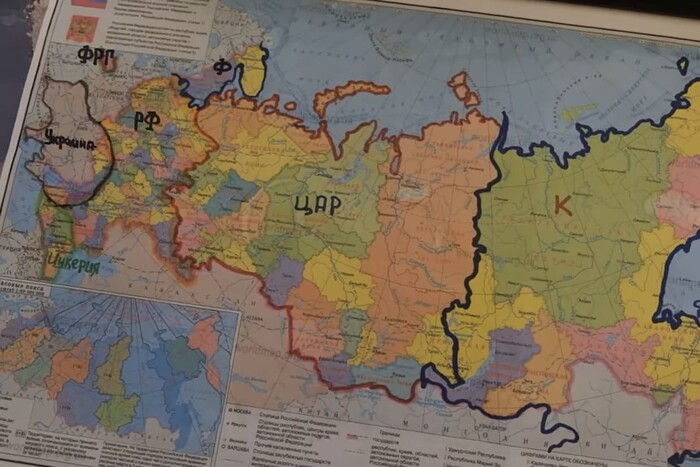Russia’s invasion of Ukraine has brought many changes in the latter, some of which are at risk of being obscured by the focus on the military clashes above all. Three in the last week are especially important as signs that Ukraine is distancing itself ever further from Russia and will remain so for all time.
First, and in some ways most strikingly, ever more Ukrainians, including many in the military, who traditionally have celebrated Christmas in January given the calendar the Russian Orthodox Church uses, this year marked the date on December 25 as the rest of the Christian world does.
Third of Ukrainians now celebrate Christmas on 25 December, not 7 January
That is the closest thing to a referendum on the ongoing struggle between the various Orthodox churches in Ukraine and a sign that, however that fight ends and it is likely to end with the triumph of the autocephalous Orthodox Church of Ukraine, Ukrainians now see themselves not as part of the Russian world but as part of the West.
Second, Russian outlets are reporting that Kirill Budanov, who heads Kyiv’s intelligence operations, now has a map on the wall of his office which shows Russia’s Kursk and Belgorod oblasts and the Kuban region as part of Ukraine and the rest of Russia divided between a small Russian Federation and two other countries, one independent and one part of China.

The display of such a map by a Ukrainian official would have been unthinkable a year ago, but now it is not, a reflection of two things: anger at Russia for invading Ukraine and a widespread view that Moscow by raising the question of the legitimacy of the borders of other countries has opened the issue of the legitimacy of its own present ones.
And third, Oleksandr Avramenko, the Ukrainian scholar who helped Volodymyr Zelenskyy perfect his Ukrainian, says he’s confident that in two to three decades the Russian language will more or less disappear in Ukraine.
Earlier studies have shown that ever more Ukrainians are choosing to use their national language and even committing to studying it so that they don’t have to use the language of the aggressor and that even many ethnic Russians in Ukraine are making the shift to Ukrainian to show their identification with the Ukrainian nation and state.
Avramenko’s prediction, however, is the most dramatic yet – and the clearest sign ever that Putin’s effort to defend and extend what he calls “the Russian world” is having exactly the opposite effect to the one he wants.
Ukrainian language slowly yet steadily displaces Russian in Ukraine

